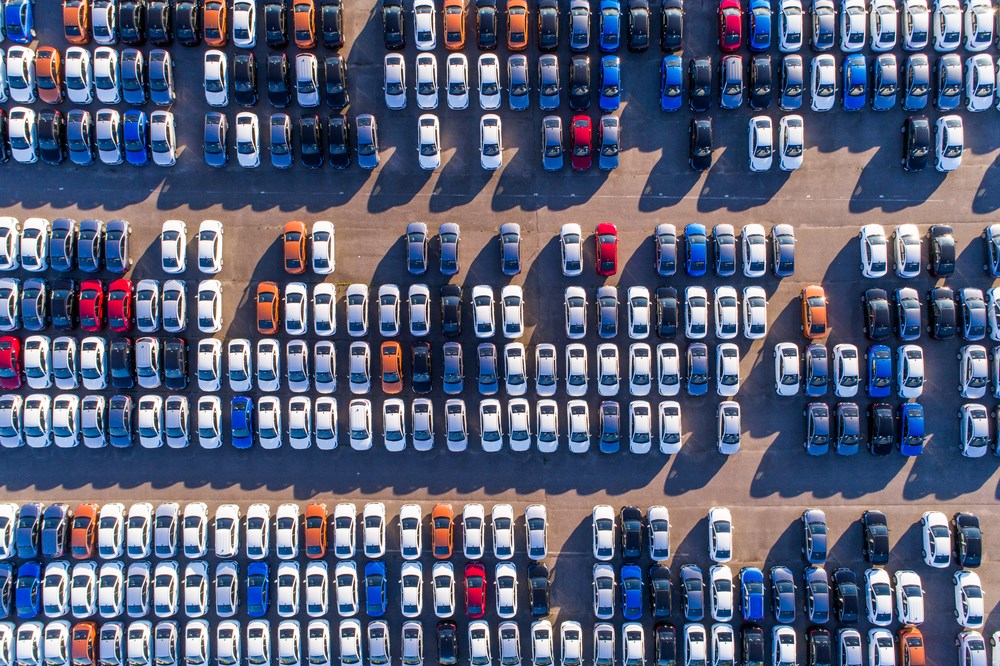Vehicle CO2 standards: The fuel is more important than the engine
EU climate policy works best when it avoids predicting winners and losers and sticks to the principle of technology neutrality – fostering the cheapest, most efficient and effective decarbonisation solutions. For road transport this means sustainable biofuels, today’s main tool for reducing emissions and displacing fossil fuel.
ePURE has joined coalitions representing the EU Biofuels Chain and associations in the renewable fuels sector to call on the European Commission to consider the contribution of renewable fuels in its proposed revision of vehicle CO2 standards for cars as part of the forthcoming Fit for 55 package.
Disregarding the fuels’ contribution, in addition to the vehicle CO2 targets becoming more stringent, would result in a de-facto technology ban on the internal combustion engine (ICE) that would be not only unjustifiable, but actively detrimental.
To be sure, electrification will play an essential role in driving the decarbonisation of road transport. However, it is also becoming increasingly apparent that narrow technology mandates could hamper the transition through higher cost, and neglect of the additional CO2 savings of renewable sustainable fuels.
The decarbonisation of transport is much more about the decarbonisation of the energy employed than about particular power-train technologies: an ICE fuelled with renewable sustainable fuels has a carbon footprint comparable to that of an electric vehicle powered with green electricity.
When powered by climate-neutral fuels, the ICE is a climate-neutral technology platform. Besides, renewable sustainable fuels are fully compatible with existing vehicles, infrastructure and refuelling facilities.
To allow sustainable biofuels to fully contribute to the European Green Deal’s long-term vision of carbon-neutrality, the upcoming revision of the EU CO2 reduction targets for cars & vans cannot continue ignoring the emissions savings delivered by sustainable biofuels every day.
Read the EU Biofuels Chain joint statement here.
Read the open letter from EU renewable fuels associations here.
